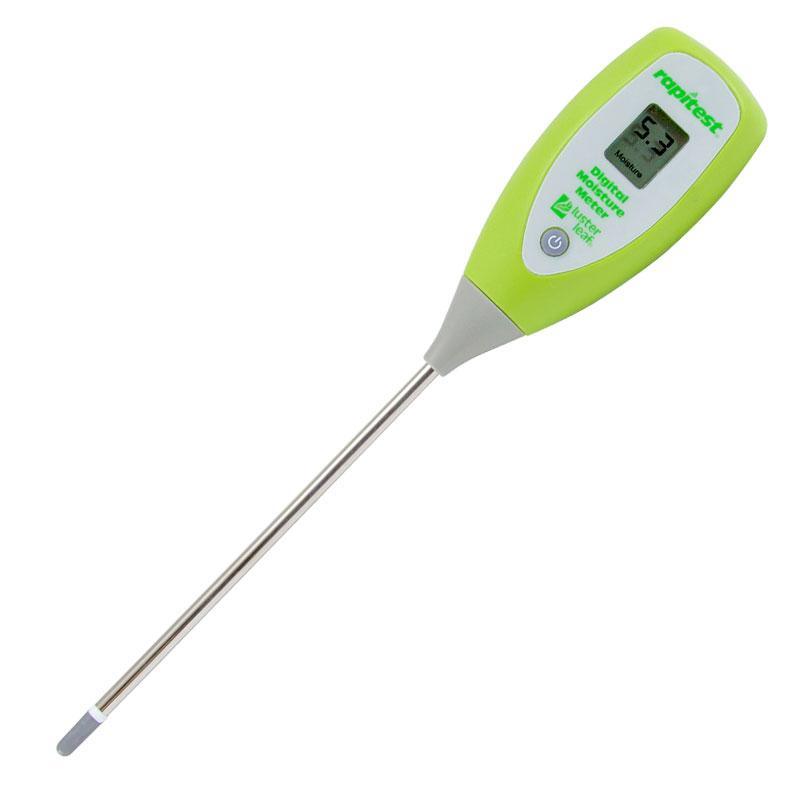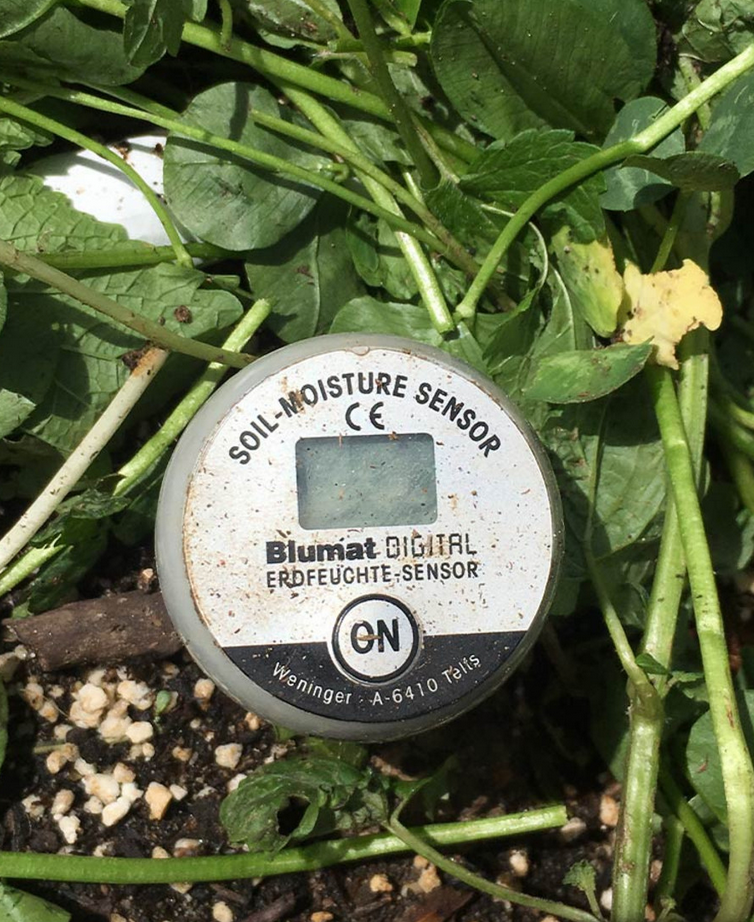The Ultimate Overview to Dampness Meters: A Comprehensive Overview and Exactly How They Can Save You Money
In the world of structure upkeep, construction, and numerous sectors, the relevance of accurately determining dampness levels can not be overstated. Moisture meters function as important devices in detecting and monitoring moisture content in materials, aiding in stopping pricey problems and guaranteeing the quality of products. Recognizing the nuances of various kinds of moisture meters, their applications, and the potential cost-saving advantages they offer can be a game-changer for companies and professionals alike. Uncovering exactly how these gadgets can not only enhance procedures but additionally add to monetary cost savings is a trip worth beginning on.
Sorts Of Dampness Meters
One typical type is the pin-type moisture meter, which gauges the electric resistance between 2 pins put into a material. Pinless moisture meters, on the various other hand, use electro-magnetic sensor plates to scan a larger area without causing damages to the material's surface area.

In addition, there are likewise specialized moisture meters developed for specific products like dirt, grain, or hay. These meters supply accurate wetness analyses tailored to the special buildings of the product being tested. Infrared wetness meters measure the thermal residential or commercial properties of a product to determine its wetness material non-invasively, making them useful for applications where pin or pinless meters may not be suitable. Comprehending the different types of wetness meters available can assist markets pick the most appropriate tool for their details dampness dimension requirements.

Advantages of Utilizing Dampness Meters
Wetness meters provide important benefits in properly assessing and keeping an eye on dampness degrees in diverse products and atmospheres. One of the key advantages of using moisture meters is the avoidance of prospective damages caused by excess dampness.
Additionally, making use of wetness meters can lead to boosted power efficiency. In farming setups, dampness meters play a vital function in maximizing plant yields by enabling farmers to keep an eye on dirt moisture degrees and make educated watering choices.
Just How to Pick the Right Wetness Meter
When choosing a moisture meter, it's crucial to make certain that the meter is suitable for the certain product you will be testing. Various products have differing electric properties that can influence dampness readings, so picking a meter made for your material is vital for accurate results. By very carefully evaluating these elements, you can website here select a dampness meter that meets your requirements and offers precise moisture dimensions for your jobs.
Proper Methods for Wetness Meter Usage

Price Savings Through Moisture Meter Applications
How can the critical utilization of moisture meters result in substantial expense financial savings across numerous industries? Dampness meters play an essential role in price financial savings by protecting against prospective damages and making sure quality assurance in different fields. In the farming market, wetness meters aid in establishing the ideal time for collecting plants, preventing excess or over-drying dampness that can impact the end product's high quality. This precise tracking assists farmers stay clear of unneeded losses and maximize their return.
Similarly, in building, wetness meters aid prevent costly damages by discovering wetness levels in building products, such as wood or concrete, which can lead to structural problems if not attended to without delay. By identifying problem locations early on, professionals can take corrective steps to prevent extensive repairs or replacements, eventually saving time and cash.
Moreover, in the food handling industry, wetness meters are important for monitoring product quality and making sure compliance with security policies. By accurately measuring dampness material in food products, producers can stop spoilage, keep quality, and decrease waste, causing considerable expense savings. Generally, the tactical application of wetness meters is a beneficial investment that can result in significant price decreases and improved performance across different industries.
Conclusion
In verdict, dampness meters are important devices for discovering and measuring dampness levels in various materials. By making use of the right wetness meter and adhering to appropriate methods, Learn More customers can efficiently prevent costly damages caused by excess wetness.
Dampness meters serve as find more information important tools in identifying and keeping track of moisture web content in materials, aiding in protecting against pricey damages and making sure the quality of items. Infrared wetness meters determine the thermal homes of a product to identify its moisture content non-invasively, making them valuable for applications where pin or pinless meters may not be appropriate.Moisture meters offer indispensable advantages in accurately analyzing and keeping track of wetness degrees in diverse materials and settings. In agricultural setups, dampness meters play a crucial role in maximizing crop returns by making it possible for farmers to monitor dirt moisture levels and make educated irrigation choices.In verdict, moisture meters are valuable tools for discovering and determining moisture degrees in numerous materials.